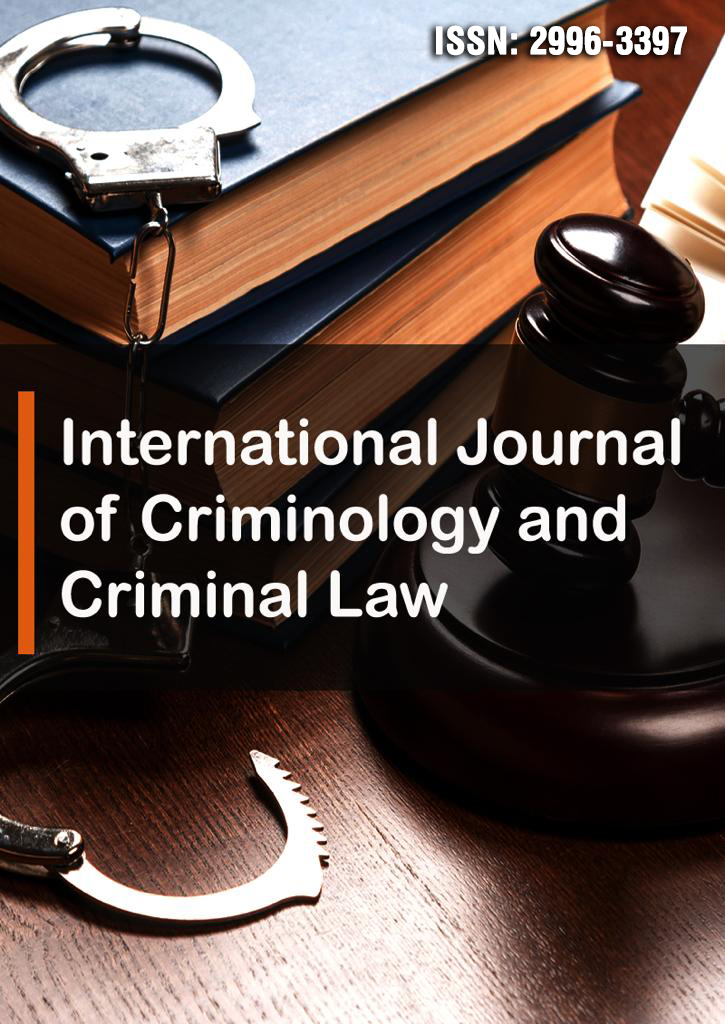Health Problems of Police Officers in Brazil That Arise in The Performance of Their Work
Abstract
Tania Pinc
This article examines the effects of a heart rate variability biofeedback protocol on self-regulation and performance indica- tors in Brazilian police officers. The biofeedback protocol lasted for five days and was combined with operational training. Participants were preselected and divided into two groups: control group (26 officers) and treatment group (26 officers). The study assessed all participants before and after the intervention, measuring their self-regulation (maximum heart rate) and performance (procedures and response time) in a controlled environment that simulated an armed reaction situation. Signifi- cant effects were observed in the treatment group, aligning with the hypothesized direction. There was a decrease in maximum heart rate, indicating self-regulation, as well as a reduction in procedural failures and response time, indicating enhanced performance. The findings suggest that exclusive reliance on police training may be insufficient for enhancing performance. Instead, the ability to promote self-regulation through heart rate variability biofeedback emerges as a crucial factor. The pur- pose of the research was to gather evidence for public policy implementation in the city of Barueri, state of São Paulo, Brazil. While the protocol has successfully met its intended objectives, it is imperative to control some logistical and technological limitations prior to implementing the protocol as public policy.



